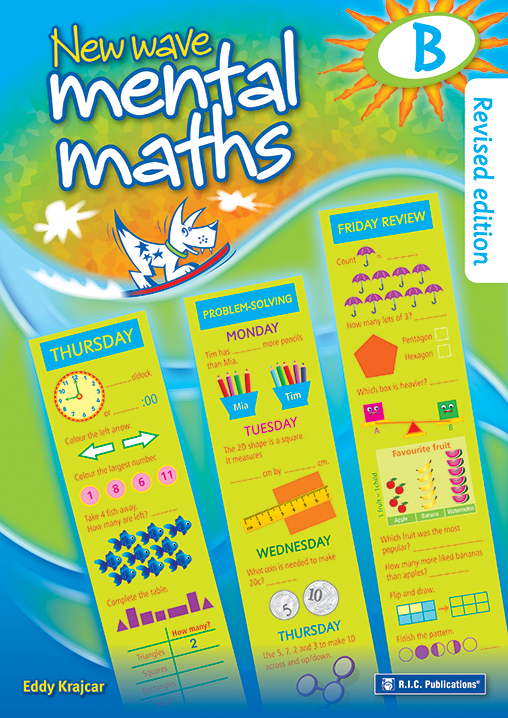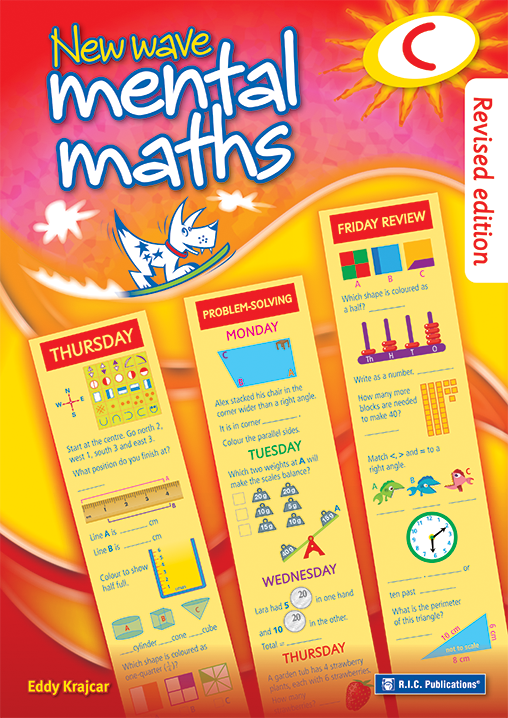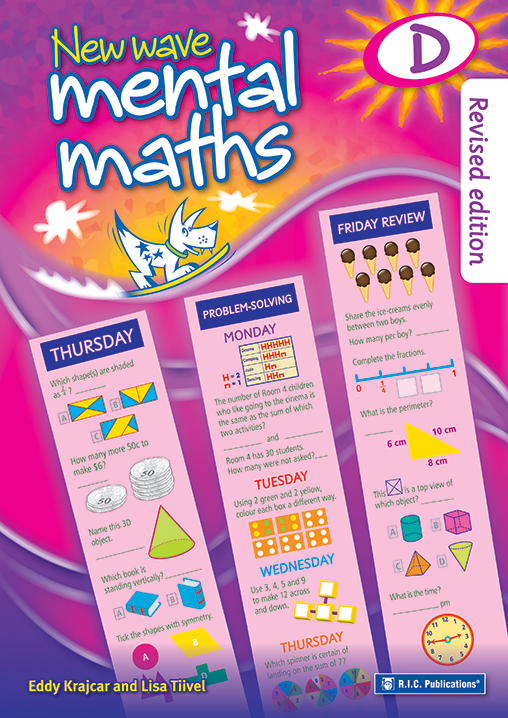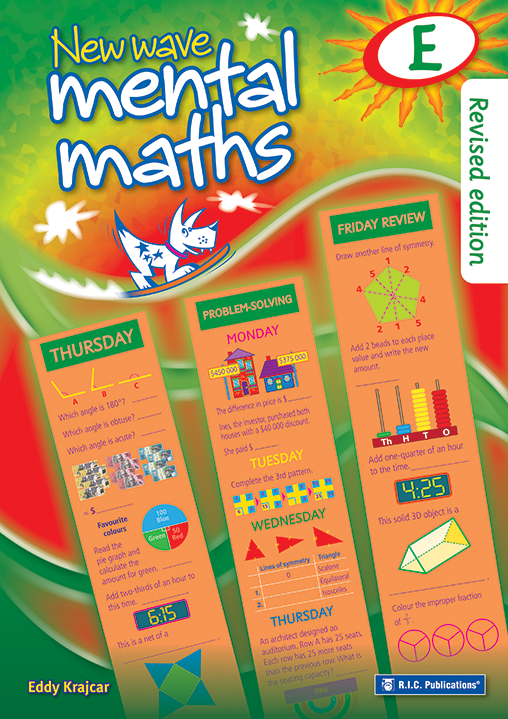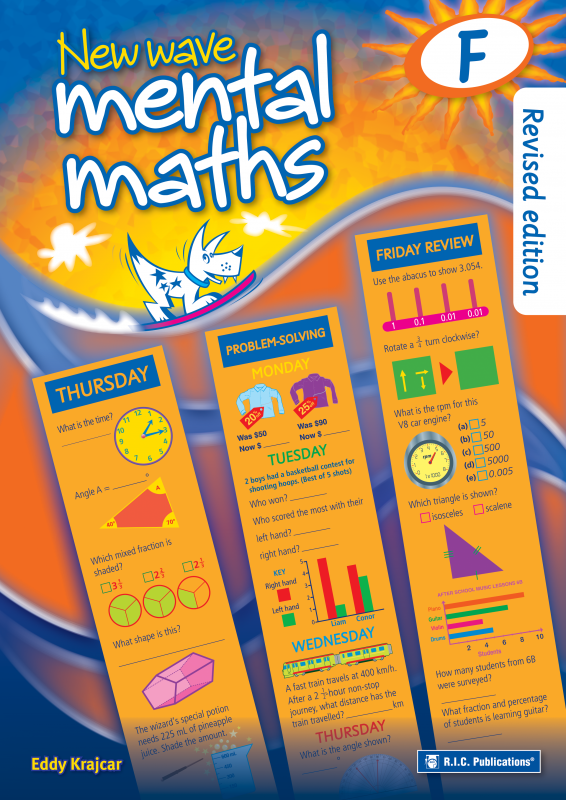- Wednesday 19 July 2017
- 0 Comments
Why do we need mental maths? Is there still a need for it now that we carry a smartphone with a calculator on it everywhere we go? The short answer is yes! How can we encourage our students to become successful problem-solvers and undertake simple tasks involving maths if we don't develop their mental maths skills or provide them with opportunities to practise everyday?
There are plenty of benefits for children that come from developing good mental maths and problem-solving skills. This is reflected in the latest curriculum push to develop proficiency in understanding, fluency, problem-solving and reasoning.
Basic level things like concentration and listening skills are improved, while self-confidence grows as students continue to practise mental arithmetic and problem-solving. Also, mental maths and problem-solving keeps our brains focused—the more students learn and practise mental arithmetic and problem-solving each year, the stronger and more efficient their brains will be.
Mental maths will also improve students' number sense, therefore improving the ability to understand and tackle real-life problems, such as those relating to the relationships between quantities, logical thinking to solve problems, and plotting to develop questions. By developing sound mental maths and problem-solving skills from the very start of students' education, they are able to improve their skills in other areas and apply logic and reasoning to everyday life.
Help your students develop proficiency in understanding, fluency, problem-solving and reasoning using our revised New wave mental maths series.
Click on the images below to download a two-week trial unit.


